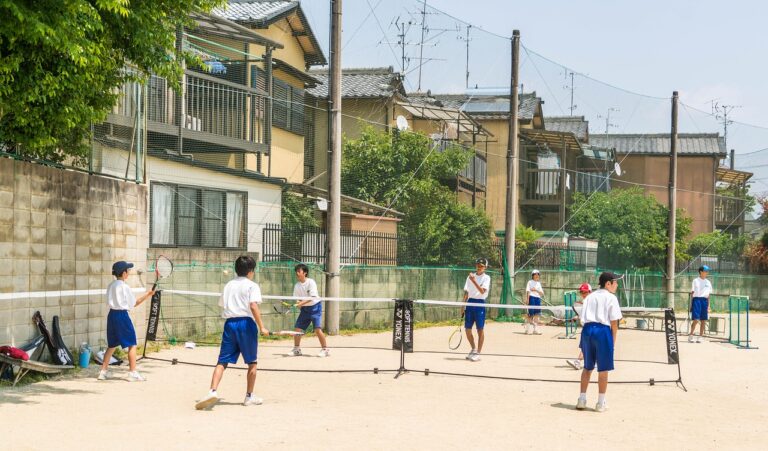The Role of Occupational Therapy in Pediatric Development and Wellness
Occupational therapy is a vital aspect of pediatric healthcare that plays a crucial role in promoting the development and well-being of children. Occupational therapists work with children who face challenges in their ability to perform everyday activities to help them reach their full potential. By addressing physical, cognitive, sensory, and emotional barriers, occupational therapy is instrumental in enhancing a child’s overall development and quality of life.
Understanding Occupational Therapy for Pediatric Development
Occupational therapy for pediatric development focuses on enabling children to participate in daily activities that are important to them, such as self-care, play, and school-related tasks. Occupational therapists work with children of all ages, from infants to adolescents, who may have various developmental delays, disabilities, or medical conditions. By providing individualized care and interventions, occupational therapists help children build the skills they need to thrive in all areas of their lives.
Key Components of Occupational Therapy for Pediatric Development
Sensory Integration
Sensory integration is a crucial aspect of occupational therapy that focuses on how children process and respond to sensory information from their environment. Occupational therapists use sensory integration techniques to help children regulate their sensory input, which can improve their attention, behavior, and overall functioning.
Fine Motor Skills
Occupational therapists work with children to develop and improve their fine motor skills, which are essential for tasks such as writing, drawing, and manipulating small objects. By engaging in activities that promote hand-eye coordination, dexterity, and strength, children can enhance their fine motor skills and achieve greater independence in daily activities.
Gross Motor Skills
Gross motor skills are also a focus of occupational therapy, as they are essential for activities like walking, running, and playing sports. Occupational therapists help children strengthen their core muscles, improve their balance and coordination, and enhance their overall physical abilities to support their participation in a wide range of activities.
Visual Perception
Visual perception plays a significant role in a child’s ability to process and interpret visual information. Occupational therapists work with children to enhance their visual perception skills, such as visual tracking, visual memory, and visual discrimination, to improve their reading, writing, and overall academic performance.
Self-Care Skills
Occupational therapists assist children in developing essential self-care skills, including dressing, feeding, grooming, and toileting. By teaching children strategies to manage these tasks independently, occupational therapists empower children to take care of themselves and participate more fully in their daily routines.
Benefits of Occupational Therapy for Pediatric Development
Occupational therapy offers a wide range of benefits for children’s development and wellness, including:
- Enhanced motor skills and coordination
- Improved sensory processing and self-regulation
- Increased independence in daily activities
- Enhanced social and emotional development
- Improved academic performance
- Increased confidence and self-esteem
- Enhanced quality of life for children and their families
By addressing the unique needs of each child and providing holistic care that considers all aspects of their development, occupational therapy plays a vital role in promoting children’s overall well-being and success.
FAQs
What conditions can occupational therapy help with in children?
Occupational therapy can help children with a wide range of conditions, including developmental delays, sensory processing disorder, autism spectrum disorder, cerebral palsy, ADHD, and physical disabilities.
How often should children attend occupational therapy sessions?
The frequency of occupational therapy sessions for children varies depending on their individual needs and goals. Some children may benefit from weekly sessions, while others may only need to attend therapy on a monthly basis.
Can occupational therapy improve academic performance in children?
Yes, occupational therapy can help improve academic performance in children by addressing underlying issues that may be impacting their learning, such as sensory processing difficulties, motor coordination challenges, or visual perception deficits.
Is occupational therapy covered by insurance for children?
Many insurance plans cover occupational therapy services for children, especially when they are deemed medically necessary. It is essential to check with your insurance provider to determine coverage and eligibility for occupational therapy services.
Overall, occupational therapy plays a vital role in supporting children’s development and well-being by addressing a wide range of challenges and empowering them to reach their full potential. Through individualized care, evidence-based interventions, and a holistic approach to health and wellness, occupational therapists make a significant impact on the lives of children and their families.







